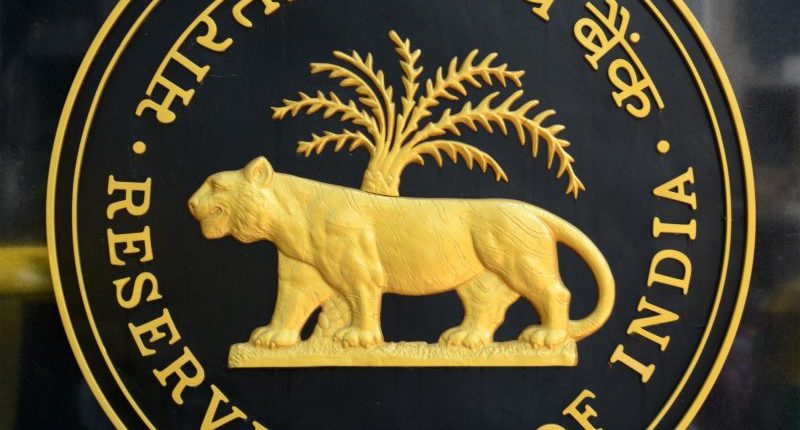The Reserve Bank of India’s (RBI) efforts to boost liquidity to bring down the cost of borrowing is likely to impact the revenue of the government. The excess cash supply in the economy is forcing the banks to deposit more money with the RBI at a reverse repo of 4.9%. This will affect the payments that the government receives in the form of dividends.
The banks have parked their surplus money with RBI over the last eight months as they are unable to improve credit lending. As per this, the RBI has paid banks somewhere in the range of Rs 8,000 crore to Rs 10,000 crore. A few market participants are pegging this value to a higher number as floating reverse repos provide additional basis points.
In January and December, the average day-to-day soaking up as per the Liquidity Adjustment Facility (LAF) touched Rs 3.18 lakh crore and Rs 2.61 lakh crore respectively. The same in November and October amounted to Rs 1.99 lakh crore and Rs 2.41 lakh crore respectively.
Also Read: RBI Proposes to Set up Alternative Retail Payments Organisation
The RBI took a stance to promote liquidity in the latter part of the year 2019 as it saw that reduction of interest rate didn’t cascade to bring down borrowing costs. The RBI had taken liquidity deficit stance for quite some time before shifting to being neutral in the year 2016 and then was accommodative in June 2019.
The increased liquidity is looked at a step towards driving investment and consumption, and it looks like the RBI is now envisioned to facilitate the revival of the ailing economy by lowering the interest rates.
August 2019 saw RBI approving a whopping Rs 1.76 lakh crore payout to the government. This was more than two folds of Rs 68,000 crore it paid in the previous year. This encompasses its surplus capital of Rs 52,640 crore. The government may ask the RBI for an additional Rs 30,000 crore in the form of dividends to cover for the fiscal deficit and government expenses.
For any clarifications/feedback on the topic, please contact the writer at vineeth.nc@cleartax.in
Engineer by qualification, financial writer by choice. I am always open to learning new things.





